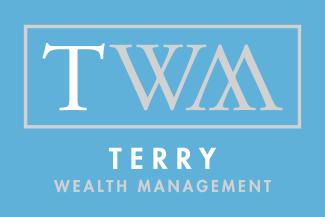
End of Year Financial Planning
For some, it’s easy to put personal finances on the back burner during the last few months of the year. However, before the year comes to an end, it’s essential to review your finances. By doing so now, you can make the most of reviewing this year’s progress and plan for next year to help position yourself for a financially strong future. Here are some tips to help with your end-of-year financial planning:
Maximize Your Retirement Contributions
If you participate in an employer-sponsored retirement plan like a 401(k), now is the time to max it out. You can contribute up to $20,500 for 2022 or up to $27,000 if you’re over 50. In the event you work for yourself, max out your Solo 401(k). The total contribution limit for 2022 is $61,000 or $67,500 for those over 50. Not only will maximizing your pre-tax retirement savings accounts help boost your retirement savings, but it can also save you on taxes.
Consider Charitable Giving
The end of the year is a great time to be generous. If you itemize deductions, you can reduce your tax bill by gifting to qualified charities. The Tax Exempt Organization Search tool on the IRS.gov website will help you determine whether a charity is eligible for tax-deductible donations. Note that any gifts of $250 or more will require a receipt that lists the gift amount and a description.
Evaluate Your Health Insurance
When December rolls around, there’s a good chance you’ve met your health insurance deductible. Therefore, it’s a great idea to receive routine care services or elective procedures that might cost you more once 2022 begins. You may want to get up to date on immunizations, schedule a skin check with your dermatologist, or finally undergo that medical procedure you’ve been considering.
Spend Your Flex Dollars
If you have a flexible spending account (FSA), you can save money if you spend the pre-tax dollars before the end of the year. Otherwise, you may lose it unless your employer offers a grace period. You can use the money on dental procedures, eye care, feminine hygiene products, over-the-counter medications, sunscreen, and so much more. If you have a health savings account (HSA), note that your unused money will not waste. You can expect it to continue to grow tax-free.
Consult Your Financial Professional
Together we can review your financial situation and determine the ideal financial plan for your unique situation. Contact us today to get started.
Important Disclosures:
The opinions voiced in this material are for general information only and are not intended to provide specific advice or recommendations for any individual.
This material was created for educational and informational purposes only and is not intended to be a substitute for specific individualized ERISA, tax, legal or investment advice. If you are seeking investment, tax or legal advice specific to your needs, such advice services must be obtained on your own separate from this educational material.
All information is believed to be from reliable sources; however LPL Financial makes no representation as to its completeness or accuracy.
This article was prepared by FreshFinance.
LPL Tracking # 1-05205367

